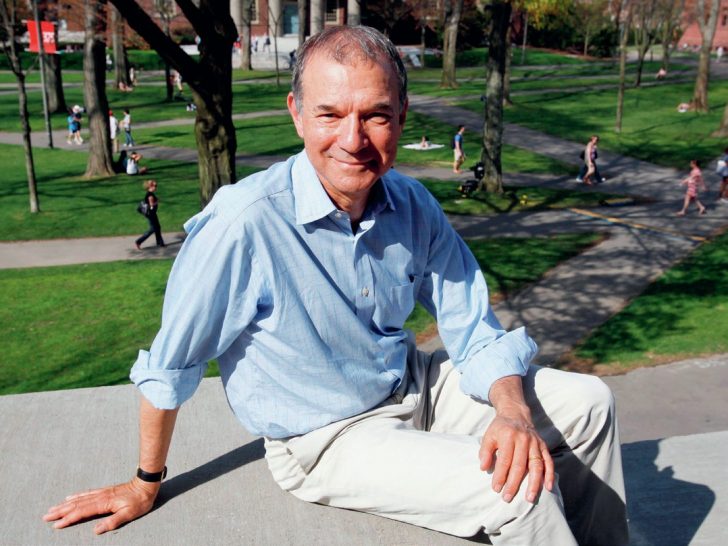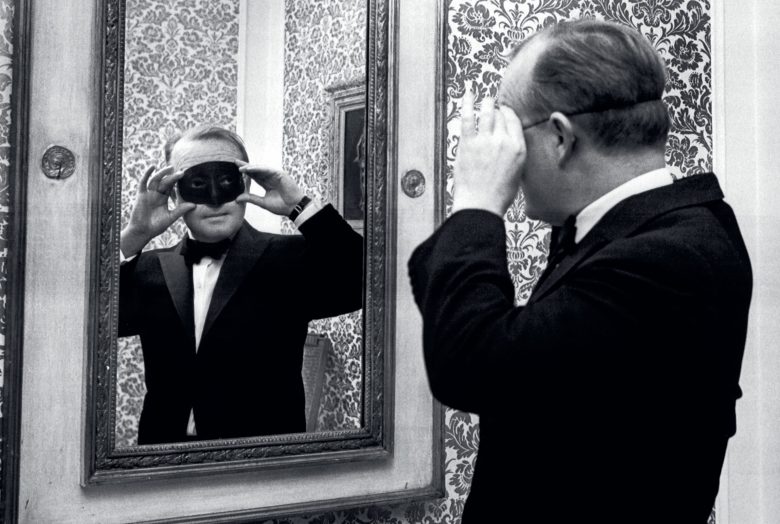
This extract is from Joseph Conrad’s novel The Secret Agent (Ch. 5), first published in 1907. The novel deals with the activities of various anarchist groups in late nineteenthcentury Europe, and is largely based on a real-life incident in 1894 involving an attempt to blow up the Greenwich Observatory. At this point in the story, Chief Inspector Heat, a senior officer of the Special Crime department, is on his way back to his office when he accidentally meets the anarchist known as the Professor. The Professor carries with him at all times a bomb, which he intends to detonate if there is any attempt to arrest him.
Chief Inspector Heat felt very angry with himself for having stopped, for having spoken, for having taken that way at all on the ground of it being a short cut from the station to the headquarters. And he spoke again in his big, authoritative voice, which, being moderated, had a threatening character.
Your organisation does not have access to this article.
Sign up today to give your students the edge they need to achieve their best grades with subject expertise
Subscribe




